Restaurant owners are in charge of quite a bit when it comes to owning a restaurant.
24 Things Restaurant Owners Wish They Could Tell You
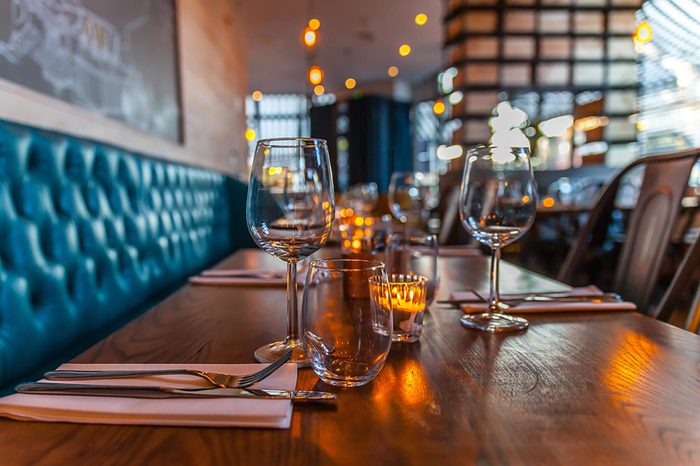
We already have the inside scoop on what servers won’t tell you and the secrets that restaurant chefs keep under wraps, but what about the owner behind it all? Restaurant owners have a lot on their minds, too—but that doesn’t mean they’ll always speak up about it. Here are some things restaurant owners probably won’t tell you—but wish you knew.

We don’t like online coupons
Groupons and restaurant.com coupons are not a restaurant owner’s friends. They might bring in customers initially, but that’s exactly what they’re supposed to do—bring in customers once to help them decide if they want to come back. “If diners start coming in regularly and only use Groupons or restaurant.com coupons, over time, that ends up hurting the restaurant financially. It’s supposed to be something that introduces diners to a restaurant for the first time,” says Frank Lombardi, owner of Lombardi’s Trattoria in Redding, CT.
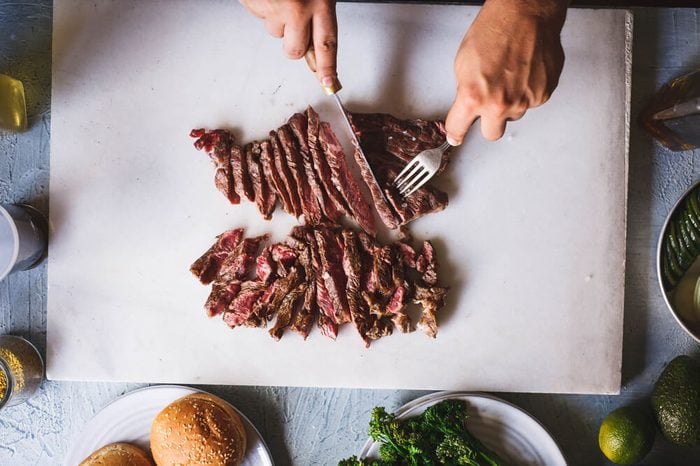
You’re paying for more than just the food
Not all restaurant owners are trying to rip you off—they need to pay their bills, too. If your steak seems to be a ridiculous price, keep in mind that you’re paying for more than just your food. Those tablecloths, the napkins, the silverware, the condiments—everything adds up. “People who complain about the prices that restaurants charge don’t understand the dynamics of the business of running a restaurant and the costs associated with such. Restaurants operate on very small margins and if they are not run efficiently with proper cost structures, it’s the reason why many fail,” says Jay Silver, chef/owner of EJ’s Luncheonette and a partner/consultant of Stone Bridge Pizza & Salad.
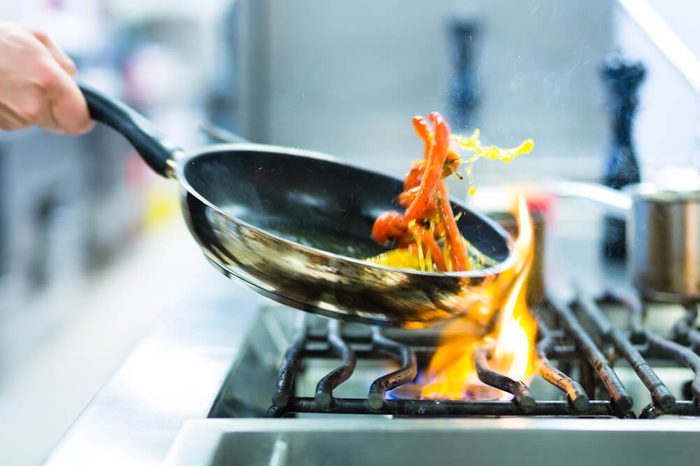
We have played every role in the restaurant
Restaurant owners are responsible for so much more than customers might realize—and if there’s any slack, it’ll fall back on them. “Whenever an employee calls in sick, it’s the owner that winds up doing the work,” says Franco Francese, owner of Mattone Restaurant and Bar located just outside of Chicago, IL. “There is no backup plan and it’s not easy. The owner is already the plumber, the electrician, the go-to person to deal with everything. If a server or dishwasher calls off, I’ll be serving or dishwashing that night.”
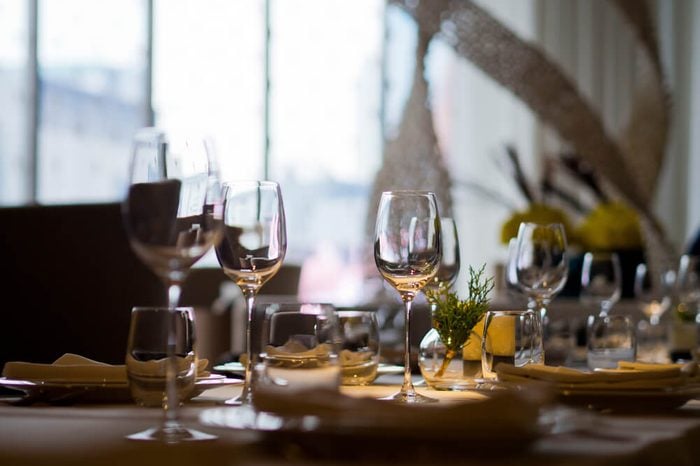
Owning a restaurant is a 24/7 job
“Owning a restaurant is a 24/7 job. There’s so much to consider—from finance, purchasing, facilities, maintenance, marketing, human resources, training employees, employee retention—the list goes on!” says D’Anton. Not to mention, even if a restaurant owner isn’t physically on location, there’s a good chance they’re doing something restaurant-related anyway. Days off might be spent periodically checking the restaurant cameras, attending food expos, or shopping for new appliances. “Restaurant work is very demanding for an owner and you need to put in a lot of hours. The more you’re there the better it is,” says Lombardi.
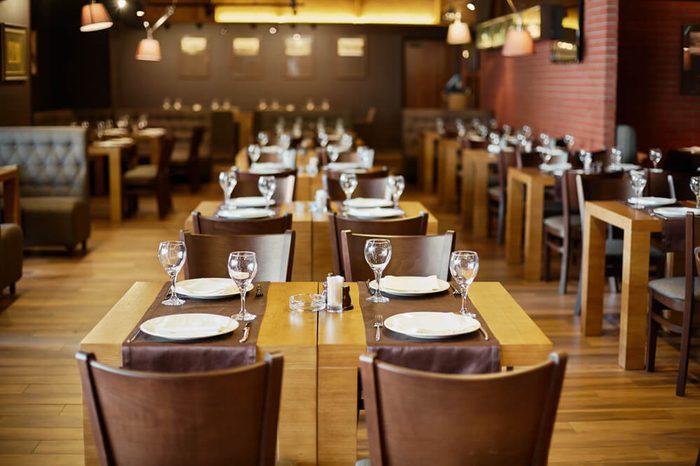
We don’t like the weatherman
Let’s be honest, the weatherman isn’t always right. And when they’re not, restaurant owners and employees take a bigger hit than you’d think. “They often scare guests into staying home with grand stories of the snowstorm of the century or flooding rains,” says Steven Goldberg, president of Stage Deli in West Bloomfield, MI. “Often what results is a mere blip on the weather radar and servers who make their living on tips go home empty-handed.” (Make sure you NEVER order these fish dishes when you go out to dinner.)
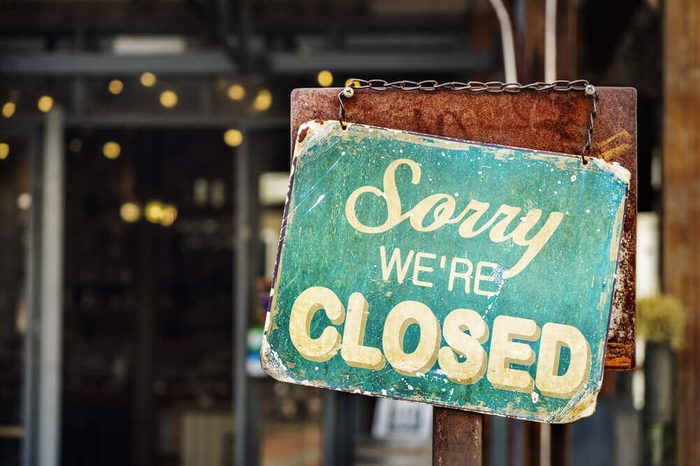
Please don’t keep us after closing hours
Typically, restaurant owners are at work several hours before opening and several hours after closing. In other words, they work way more than 40 hours a week. “We absolutely want our customers to enjoy our food and drink and each other’s company,” says Lombardi. “But as it starts to get late and all our other patrons are leaving, be aware that the staff has had a very long day and deserve to get home to their families, too.”
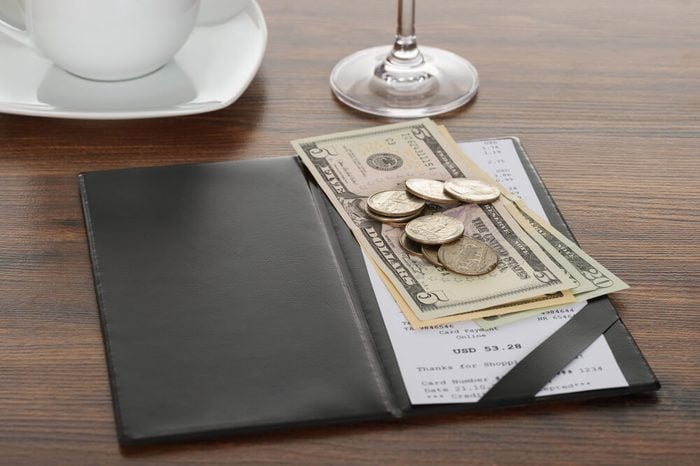
We always prefer cash
Most of the time, if servers are tipped in cash they take it home that night (as opposed to waiting for a paycheck). But paying in cash is preferred by the owners, too. “Guests (just like all of us) love their free points. Except, there is no such thing,” says Goldberg. “The better a card’s rewards, the higher fee Visa/MC charges the restaurant to process.”
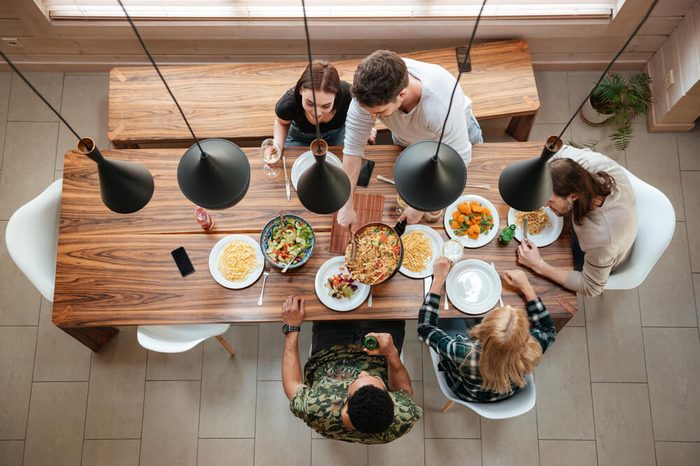
We wish more of our customers took the time to know our history
That slam-packed restaurant that there’s a two-hour wait for? Chances are, it wasn’t always like that. Restaurant owners take pride in where they came from and it’s always nice for customers, or at least regulars, to take the time to ask about it. “Jose [Meirelles] wishes that more of the diners at his French Kosher Steakhouse, Le Marais [in New York, NY], knew the history of the establishment that they frequent so loyally,” says Michael Kosowski, spokesperson for Le Marais.
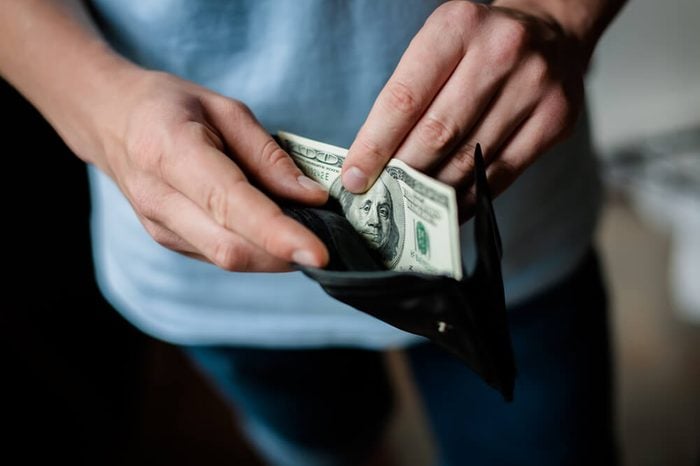
We make less than you think
Behind every successful restauranteur, there’s a hardworking team—and they need to be paid. “For every dollar in sales, the owner is lucky to collect 5-7 cents on that dollar,” says Denise Stavros, general manager of Primavera Ristorante in Coronado, CA. “Nearly 65-70 percent of the expenses are labor costs, payroll taxes, and the cost of food and beverages; the remaining amount goes to other expenses, such as direct operating expenses, rent, property tax, etc.” This is especially true if a restaurant is just starting out. “Time and money are always short when you own a restaurant, especially at the beginning, but you are still dependent on others to provide the items you need to run your business,” says Nino Barbalace, owner and executive chef of Zia Gianna Caffè in Boston, MA. (These are the unhealthiest meals you can order in restaurants—and one of them has 2,820 calories!)

We need to have a lot of different skill sets
There’s no one-size-fits-all when it comes to owning a restaurant. Restaurant owners need to be a “gracious host, firm but fair employer, tough negotiator, empathetic friend, all with excellent cleaning skills,” says Goldberg. And if an owner is in charge of a big staff, that involves having excellent management skills to ensure all of their employees’ needs are met. “I have to find a way that allows for 75 employees who have never worked together to develop a synchronized groove and perform smoothly,” says Stratis Morfogen, owner of JADE Sixty in New York, NY. “It’s like I’m the orchestra leader conducting a performance.”

We aren’t fond of review websites
“My biggest pet peeve is how people use ‘helpful’ tools such as Yelp to make their dining decisions—I personally think it does more harm than good,” says Morfogen. When guests make their dining decisions based solely on other people’s reviews, there’s a risk that they’ll avoid the restaurant altogether if there are a few critics. But you’ll never know what you could be missing out on if you don’t give it a chance at all. (Make sure you’re following these simple etiquette rules next time you’re dining at a restaurant.)
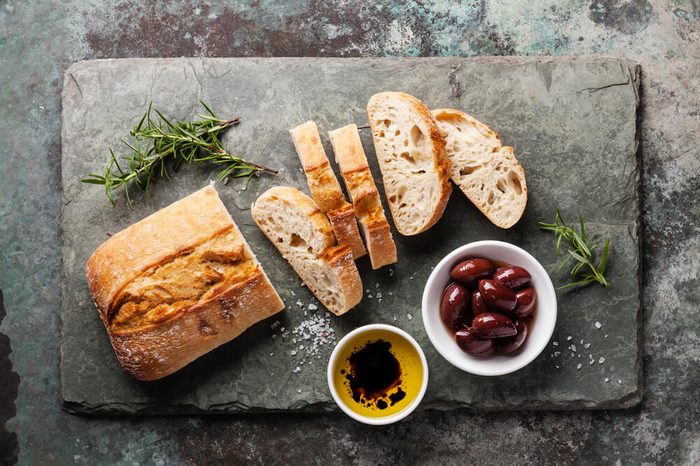
That “free” stuff is expensive
It might seem harmless to ask for more bread or extra butter, but if hundreds of people are asking for more of the same things, it starts adding up. “As an Italian restaurant, the cost of the bread, butter, cheese, and olive oil is more expensive than you’d think,” according to Francese.
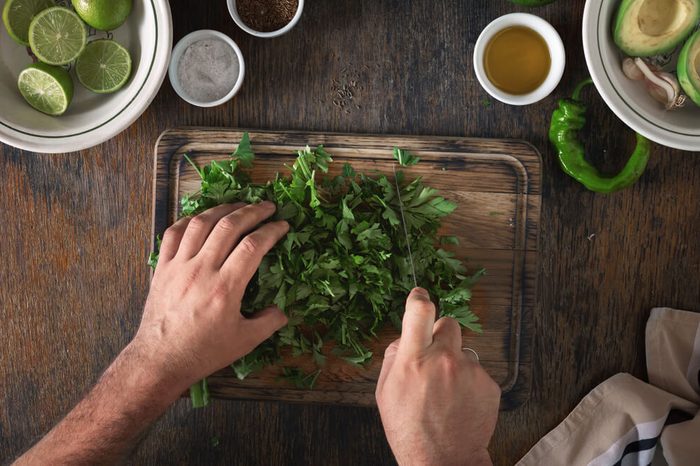
We really do try to offer the best quality of food
If restaurant owners don’t make the effort to provide the absolute best quality of food, customers will search elsewhere. “When we make our fried zucchini blossoms, my wife and I pick the zucchini from our garden at home to make sure they’re fresh and top-notch quality for our customers,” says Lombardi. Lombardi isn’t the only restaurant owner with this mindset, though. “At Buck & Rider, our seafood restaurant in Phoenix, we fly in seafood from across the United States every morning to Phoenix Sky Harbor International Airport, to ensure that the food really is fresh as possible, despite there being an extra cost,” says Steven Totten, marketing director for LGO Hospitality. (You won’t believe these secrets that fast food employees won’t tell you.)
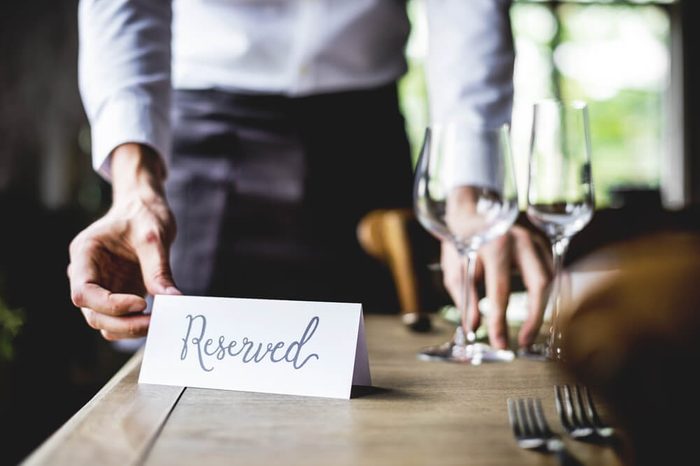
We hate “no shows”
“As an owner, the one thing that irks me is when reservations are made and the guests are a ‘no show,'” says Russell D’Anton, owner of B2 Bistro + Bar in Red Bank, NJ. If you make a reservation and don’t show up (especially in a small restaurant) it affects all of the employees. The night is planned out before customers start showing up so everybody knows exactly how many tables are left for walk-ins and other reservations. Plus, the restaurant loses money if walk-ins need to be turned away.
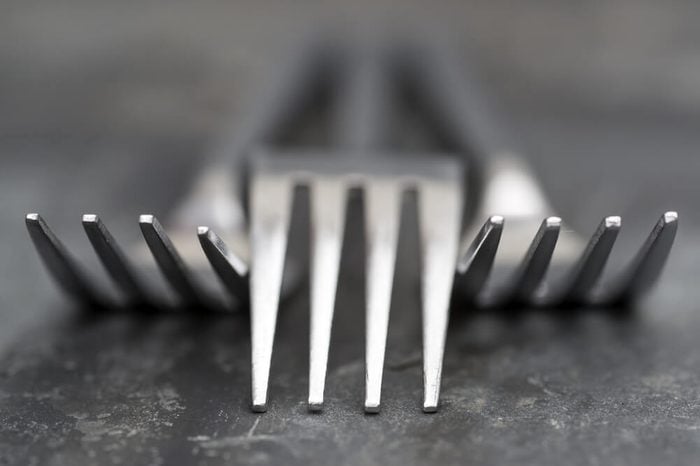
We pay attention to every little detail
From the music and the lighting to the shape of the dishes and the color of the napkins, restaurant owners are responsible for just about everything. It’s safe to assume every little thing in a restaurant has been run by the owner. “We painstakingly pick every ingredient that goes into every menu item,” says Tony Yanow, founder of Artisanal Brewers Collective. Another detail-oriented owner is the CEO and founder of LGO Hospitality. “Our owner [of LGO Hospitality] took a master class in learning how to install and use large music processors because we use .flac files instead of .mp3 files to ensure a better quality sound, and we partner with a Los Angeles DJ who curates playlists for each restaurant,” says Totten.

We hate when our employees are just standing around
Not only does it look bad to customers when employees are just standing around or looking at their phones, but it irks restaurant owners, too. “In the restaurant industry there’s always something for the employees to be doing,” says Lombardi. “If they’re not dealing with customers, they could be restocking beers, wines, wiping down menus—every little thing helps. I strive to make sure my employees aren’t ever so bored that they feel the need to reach for their phones.” (Here’s why you should never, ever pepper your food in restaurants.)
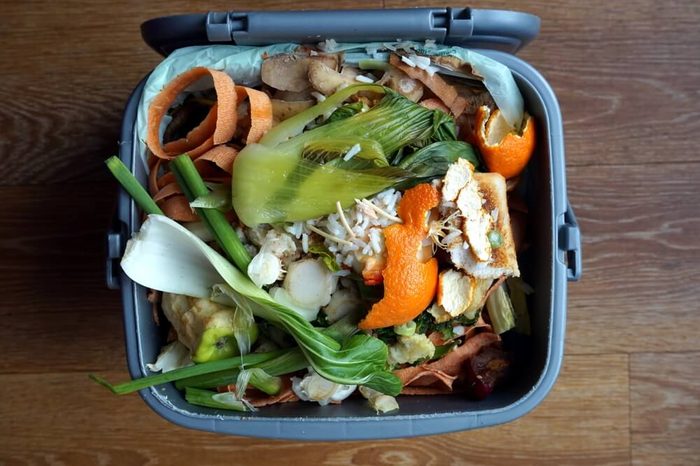
Food spoilage is a huge issue
Most of the time, restaurant owners make sure to buy extra of, well, everything. Since the restaurant industry is a very hit-or-miss business, some days could be slam-packed and others could be very slow. However, those slow days are what causes food to spoil, which in turn, is like throwing money down the gutter. “I rely on my workers to make sure we don’t spoil a lot because that’s a big financial loss,” Lombardi says. “That’s why we love catering orders so much. We know exactly how much food to make and when to make it.”

Please give us a chance to fix our mistakes
“As owners, we take the brunt of the mistakes—and rightly so,” says Lombardi. Not every dining experience will be perfect, but if something is really bothering you, absolutely ask to speak to the owner to see if it can be fixed. “[It irks me when] guests choose to air grievances on social media rather than approach management who will bend over backward to make a guest happy,” says Goldberg. “We strive for perfection but know we won’t always hit it. We are humbly ready to correct any mistakes.”

Our family, friends, and favorite customers get special treatment
Restaurant owners make (most of) their own rules. In other words, if you spark up a conversation with the owner, they might offer you a drink (or two) on the house. The same goes for family and friends. “A free drink, coffee, or dessert here and there might make its way to some of our favorite people,” says Lombardi. (Don’t miss these 11 ways to save money when eating out.)
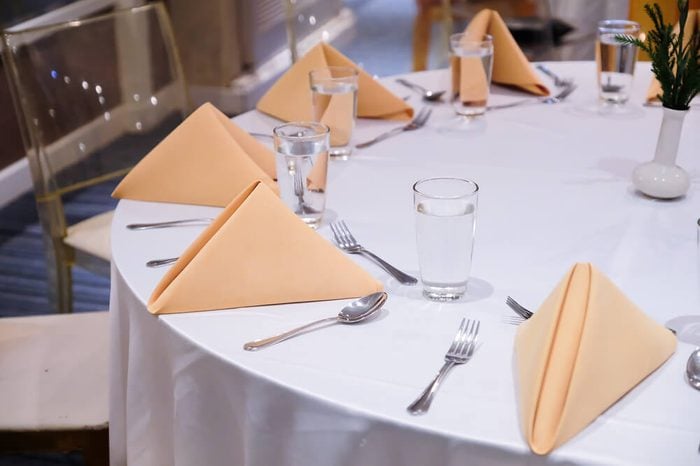
Those tablecloths cost way more than you think
Accidentally spilled wine on your tablecloth? Don’t worry, it happens. But if you’re actively substituting your tablecloth for a napkin, please don’t. “It costs around a dollar to wash each tablecloth and about 10 cents per napkin,” according to Lombardi. “Those prices can definitely add up, especially on busy nights.”
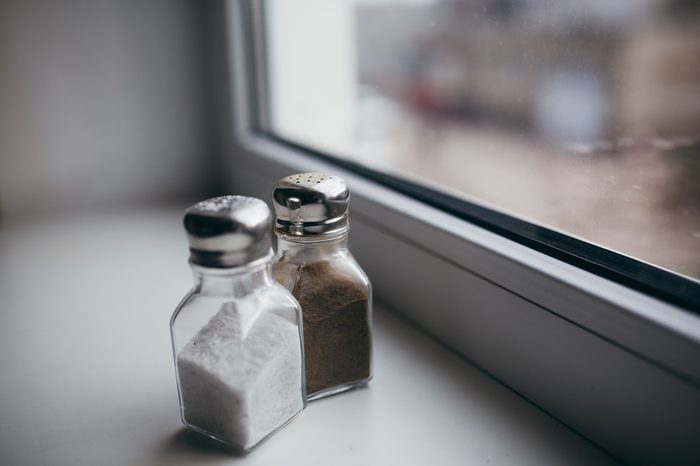
Theft in the restaurant industry isn’t uncommon
U.S. businesses lose 50 billion dollars every year as a result of employee theft, according to cnbc.com. And unfortunately, restaurants are no exception. “Theft is rampant among guests and employees—everything from salt and pepper shakers to cheese graters,” says Stephen Zagor, Dean of the Restaurant and Culinary Management program at the Institute of Culinary Education.
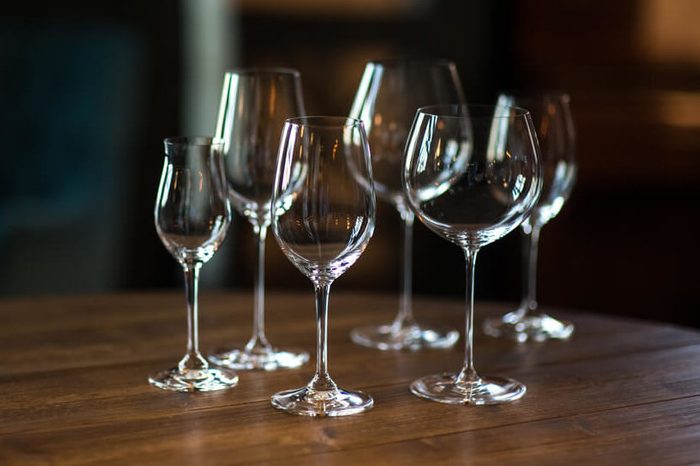
Keep an eye on your utensils and drinking glasses
Utensils and glasses are huge money-costers for restauranteurs. “Forks, knives, and spoons tend to find their way into the garbage and glasses break fairly often,” says Lombardi. “Accidents happen, but misplaced utensils and broken glasses end up costing us a lot more than you’d think.”
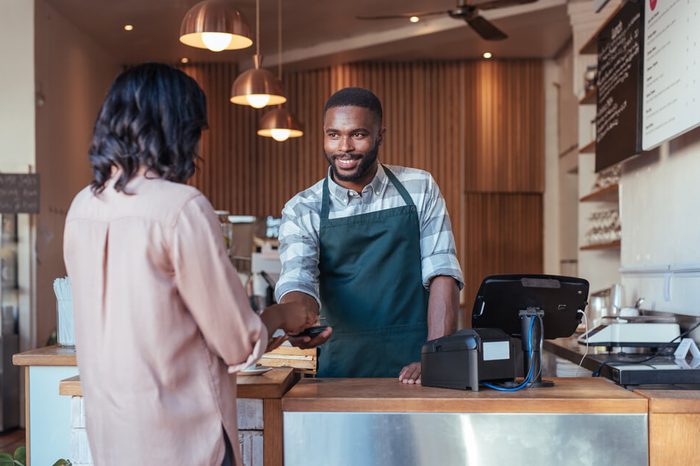
Please don’t be offended if we don’t remember your name
Restaurant owners typically meet hundreds, if not thousands, of people over the course of just one week. “We try our best to remember names and faces, but if we forget, please don’t take it personally,” says Lombardi.
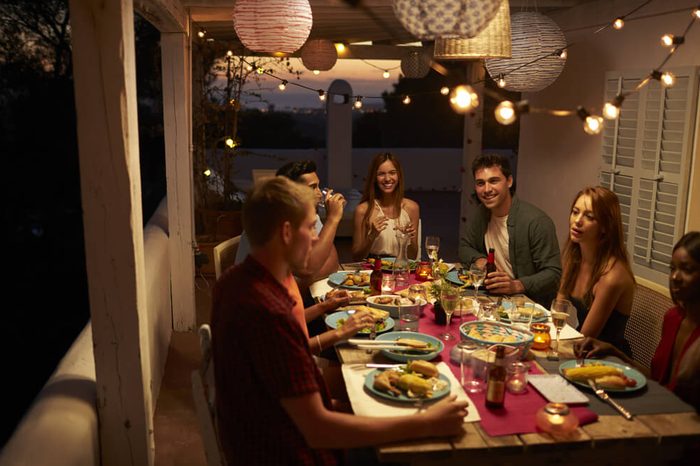
We genuinely want each and every customer to be happy
Did we run out of your favorite wine? We’ll send one of our delivery drivers to the liquor store. Do you need your food cooked separately because of allergies? Not a problem. Not every restaurant owner is in it solely for the money. It helps, of course, but there are few things more gratifying than a genuinely satisfied customer. “I’d like diners to know that we truly enjoy treating each guest like a VIP,” says Ken Irvine, owner and executive chef of Bleu Bohème in San Diego, CA. “We try to keep our dining experience philosophy very simple: the restaurant is my house and every night we are throwing a party and all the guests are my friends.”
Now that you know the inside secrets of being a restaurant owner, here are some things restaurant health inspectors wish you knew.



















